- Browse
- Clinical Psychology
Clinical Psychology Courses Online
Study clinical psychology principles for diagnosing and treating mental health disorders. Learn about therapy techniques and psychological assessments.
Filter by
SubjectRequired *
LanguageRequired *
The language used throughout the course, in both instruction and assessments.
Learning ProductRequired *
LevelRequired *
DurationRequired *
SkillsRequired *
SubtitlesRequired *
EducatorRequired *
Explore the Clinical Psychology Course Catalog
 Status: Free TrialFree TrialA
Status: Free TrialFree TrialAAmerican Psychological Association
Skills you'll gain: Substance Abuse, Mental Health Diseases and Disorders, Clinical Psychology, Mental and Behavioral Health, Psychiatry, Psychological Evaluations, Mental Health, Cognitive Behavioral Therapy, Patient Evaluation, Diagnostic Tests, Behavioral Health, Psychotherapy, Psychiatric Assessments, Cultural Diversity, Epidemiology, Pharmacology, Neurology, Demography, Psychology, Pharmacotherapy
4.8·Rating, 4.8 out of 5 stars265 reviewsBeginner · Specialization · 3 - 6 Months
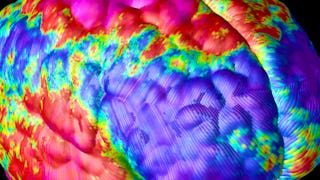 Status: PreviewPreviewW
Status: PreviewPreviewWWesleyan University
Skills you'll gain: Psychiatry, Clinical Psychology, Mental Health Diseases and Disorders, Pharmacology, Psychiatric Assessments, Psychotherapy, Psychology, Mental Health Therapies, Patient Evaluation, Neurology, Scientific Methods, Magnetic Resonance Imaging, Medical History Documentation, Medical Imaging
4.8·Rating, 4.8 out of 5 stars2.5K reviewsIntermediate · Course · 1 - 3 Months
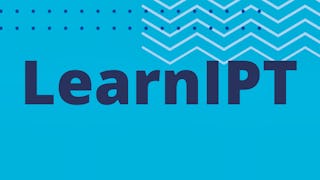 Status: PreviewPreviewU
Status: PreviewPreviewUUniversity of Toronto
Skills you'll gain: Interpersonal Communications, Communication Strategies, Psychotherapy, Rapport Building, Mental Health Therapies, Emotional Intelligence, Empathy, Case Studies, Clinical Psychology, Problem Solving, Mental Health Counseling, Relationship Building, Mental Health Diseases and Disorders, Interactive Learning, Patient Evaluation, Psychological Evaluations, Cultural Sensitivity
4.8·Rating, 4.8 out of 5 stars91 reviewsMixed · Course · 1 - 3 Months
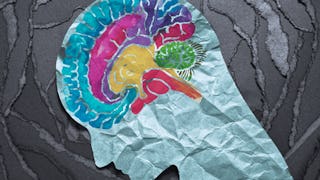 Status: Free TrialFree TrialA
Status: Free TrialFree TrialAAmerican Psychological Association
Skills you'll gain: Clinical Psychology, Mental Health Diseases and Disorders, Psychiatry, Psychological Evaluations, Mental Health, Mental and Behavioral Health, Patient Evaluation, Behavioral Health, Cognitive Behavioral Therapy, Cultural Diversity, Patient Treatment
4.8·Rating, 4.8 out of 5 stars184 reviewsBeginner · Course · 1 - 3 Months
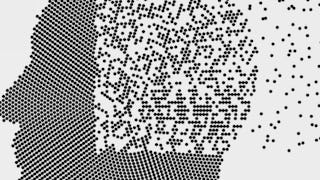 Status: Free TrialFree TrialW
Status: Free TrialFree TrialWWesleyan University
Skills you'll gain: Motivational Interviewing, Psychological Evaluations, Cognitive Behavioral Therapy, Mental Health Diseases and Disorders, Mental Health Therapies, Behavioral Health, Mental and Behavioral Health, Psychiatry, Psychotherapy, Clinical Psychology, Mental Health, Cultural Diversity, Psychiatric Assessments, Psychology, Experimentation, Health Education, Interpersonal Communications, Culture, Clinical Assessment, Goal Setting
4.8·Rating, 4.8 out of 5 stars718 reviewsBeginner · Specialization · 3 - 6 Months
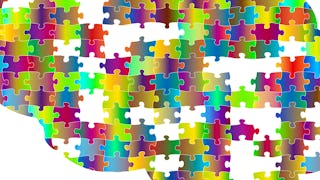 Status: Free TrialFree TrialW
Status: Free TrialFree TrialWWesleyan University
Skills you'll gain: Psychological Evaluations, Mental Health Diseases and Disorders, Clinical Psychology, Cultural Diversity, Psychotherapy, Mental Health, Psychology, Cognitive Behavioral Therapy, Mental Health Therapies, Interpersonal Communications, Clinical Assessment, Social Determinants Of Health
4.9·Rating, 4.9 out of 5 stars481 reviewsBeginner · Course · 1 - 3 Months
What brings you to Coursera today?
 Status: NewNewStatus: Free TrialFree TrialA
Status: NewNewStatus: Free TrialFree TrialAAmerican Psychological Association
Skills you'll gain: Substance Abuse, Mental Health Diseases and Disorders, Clinical Psychology, Mental and Behavioral Health, Psychiatry, Trauma Care, Mental Health, Psychiatric Assessments, Psychology, Psychotherapy, Cognitive Behavioral Therapy, Behavioral Health, Psychological Evaluations, Pharmacology, Diagnostic Tests, Neurology, Cultural Diversity, Patient Treatment, Epidemiology, Patient Evaluation
4.9·Rating, 4.9 out of 5 stars122 reviewsBeginner · Specialization · 3 - 6 Months
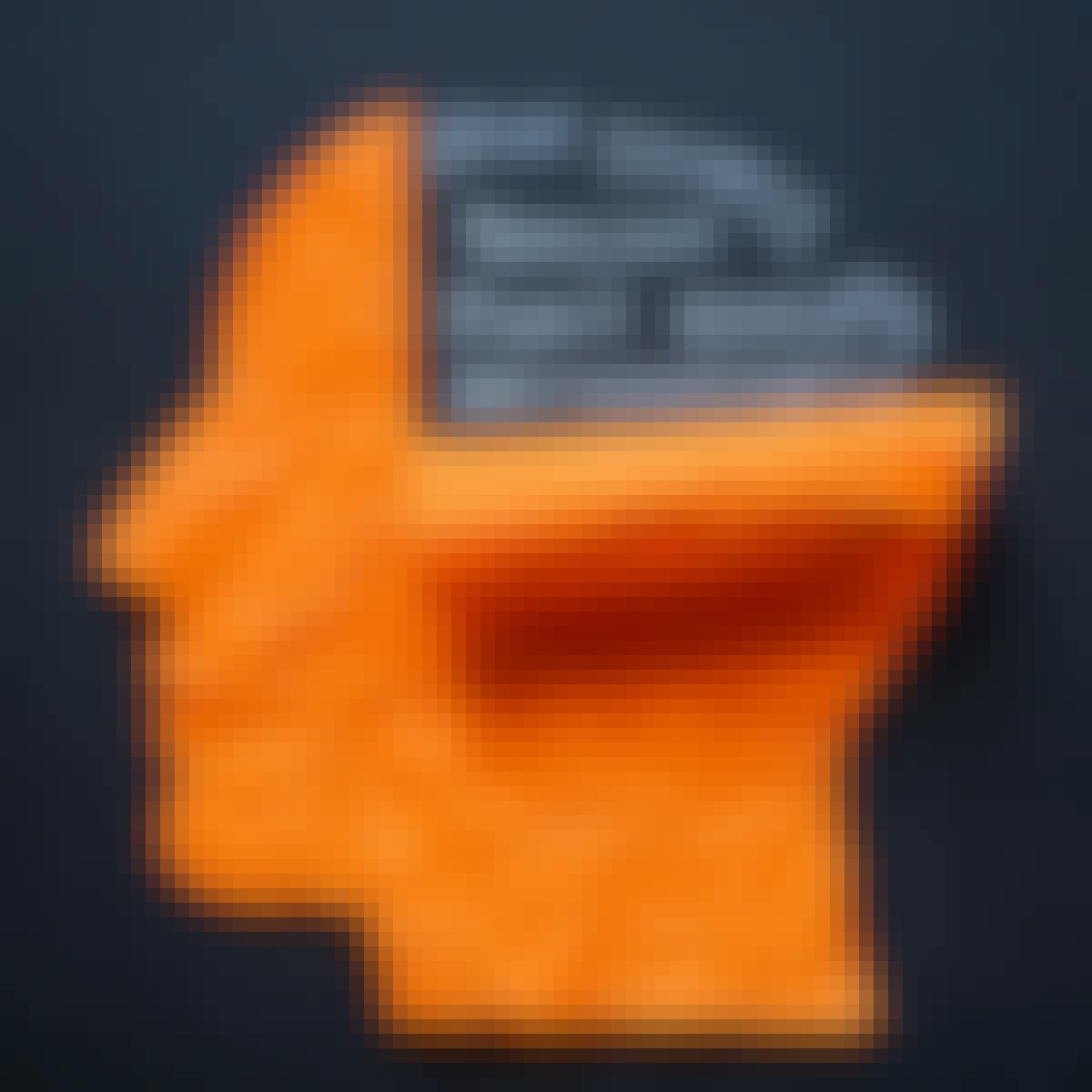 Status: NewNewStatus: Free TrialFree TrialA
Status: NewNewStatus: Free TrialFree TrialAAmerican Psychological Association
Skills you'll gain: Stress Management, Resilience, Mental Health, Mindfulness, Clinical Psychology, Mental Health Diseases and Disorders, Psychiatry, Mental and Behavioral Health Specialties, Physiology, Trauma Care, Psychiatric Assessments, Psychology, Psychological Evaluations, Behavioral Health, Cognitive Behavioral Therapy, Cultural Diversity, Patient Evaluation, Health Assessment, Health And Wellness Coaching, Patient Treatment
4.8·Rating, 4.8 out of 5 stars192 reviewsBeginner · Specialization · 3 - 6 Months
 Status: Free TrialFree TrialA
Status: Free TrialFree TrialAAmerican Psychological Association
Skills you'll gain: Mental Health Diseases and Disorders, Psychiatry, Clinical Psychology, Mental Health, Cognitive Behavioral Therapy, Mental and Behavioral Health, Psychotherapy, Psychiatric Assessments, Cultural Diversity, Psychology, Pharmacotherapy, Pharmacology, Demography
4.8·Rating, 4.8 out of 5 stars65 reviewsBeginner · Course · 1 - 3 Months
 Status: PreviewPreviewU
Status: PreviewPreviewUUniversidad de los Andes
Skills you'll gain: Mental Health, Psychiatry, Mental and Behavioral Health, Mental Health Diseases and Disorders, Clinical Psychology, Pediatrics, Psychotherapy, Pharmacotherapy, Chronic Diseases, Psychosocial Assessments, Psychiatric Assessments, Child Development, Working With Children, Public Health
4.9·Rating, 4.9 out of 5 stars152 reviewsIntermediate · Course · 1 - 4 Weeks
 Status: Free TrialFree TrialU
Status: Free TrialFree TrialUUniversity of Colorado Boulder
Skills you'll gain: Pain Management, Psychiatry, Clinical Psychology, Mental and Behavioral Health Specialties, Mental Health Diseases and Disorders, Pharmacology, Public Health, Health Policy, Gerontology, Mental Health, Pharmaceuticals, Medical Science and Research, Substance Abuse, Research, Hospice, Medication Administration, Health Care, Clinical Research, Mental and Behavioral Health, Exercise Science
4.7·Rating, 4.7 out of 5 stars511 reviewsBeginner · Specialization · 3 - 6 Months
 Status: Free TrialFree TrialU
Status: Free TrialFree TrialUUniversity of Colorado Boulder
Skills you'll gain: Psychiatry, Clinical Psychology, Mental and Behavioral Health Specialties, Mental Health Diseases and Disorders, Mental Health, Substance Abuse, Public Health, Psychology, Public Health and Disease Prevention, Health Policy, Psychiatric And Mental Health Nursing, Neurology, Pharmacotherapy, Medical Science and Research, Epidemiology, Research, Pharmacology, Personal Development
4.7·Rating, 4.7 out of 5 stars163 reviewsBeginner · Course · 1 - 4 Weeks
Clinical Psychology learners also search
In summary, here are 10 of our most popular clinical psychology courses
- Psychology of Anxiety, Mood, Substance Use, and Addictive Behaviors: American Psychological Association
- Schizophrenia: Wesleyan University
- Learn Interpersonal Psychotherapy: University of Toronto
- Anxiety and Related Disorders: American Psychological Association
- Abnormal Psychology: Wesleyan University
- Introduction to Abnormal Psychology: Wesleyan University
- Psychology of Substance Use, Depressive Disorders, & Trauma: American Psychological Association
- Psychology of Disorders Related to Trauma, Anxiety, & Stress: American Psychological Association
- Depressive and Bipolar Disorders: American Psychological Association
- Entendiendo la depresión a lo largo del ciclo vital: Universidad de los Andes
Frequently Asked Questions about Clinical Psychology
Clinical Psychology addresses a breadth of mental, emotional, and behavioral disorders. It is designed to integrate the science of Psychology with the prevention, assessment, diagnosis, and treatment of a wide variety of complicated human problems.
Clinical Psychology differs from Counseling Psychology in that it explores more serious mental health issues.
According to the American Psychological Association, Clinical Psychology is important to learn because it helps people live healthier lives. It’s a field that applies the research and science of behavior change to the problems their patients experience. It can make a huge difference in bettering these patients’ lives.
While it’s true that jobs in Clinical Psychology require years of education and training, the payoff is huge when it comes to helping individuals in distress—and learners will have ample opportunities in various psychological fields. Some titles that can be earned in Clinical Psychology include Behavioral Health Psychologist, Child Psychologist, Clinical Case Manager, Clinical Psychology College Professor, Clinical Social Worker, Medical Psychologist, Mental Health Social Worker, Neuropsychologist, and other related roles.
Clinical Psychology courses offered through Coursera provide a comprehensive overview of the scientific study of thought and behavior. Concepts explored include how perception, communication, learning, memory, decision-making, persuasion, emotions, and social behavior develop in children, differ across people, are wired in the brain, and how they break down due to illness and injury.
Successful learners of Clinical Psychology are able to listen reflectively, differentiate benign, non-incapacitating psychological / behavioral crisis reactions from more severe, potentially incapacitating crisis reactions. Skills are gained in triaging crises, mitigating acute distress and dysfunction, recognizing when to facilitate further mental health support, and practicing self-care.
The skills or experiences you may need to already have before learning about clinical psychology include the ability to empathize, closely listen, and communicate well with others or work in roles that involve caring for clients or patients with physical or mental health disorders. If you have skills and experience from working in various settings, including hospitals and health care facilities, schools, social service environments, and related industries, you may already have the basic foundation you need to learn about clinical psychology.
The kind of person that is best suited to learn clinical psychology is interested in helping and supporting clients, patients, or colleagues to make positive changes in their lives. Anyone who wants to help people improve their mental health and well-being is well suited to learn about clinical psychology. It may be advisable for individuals who would like to understand substance use disorder treatment, prevention, screening, or diagnosis to learn about clinical psychology. People who are willing to research and question why others think and behave the way they do may be well suited to learn about clinical psychology. A person who is seeking to work in any of the helping or therapeutic fields with children or adults can find it beneficial to learn about clinical psychology. Also, someone who is interested in understanding medical neuroscience and how the central nervous system works concerning human behavior and cognition is likely ready to learn about clinical psychology.
Learning about clinical psychology may be right for you if you would like to provide psychological aid to others in a variety of settings. If you would like to enhance your reflective and active listening, needs assessment, and intervention skills, learning about clinical psychology may be beneficial to you. You may want to study clinical psychology if you have an interest in helping others during crisis interventions. If you work with a diverse group of individuals, you may want to learn about clinical psychology to understand the characteristics, behaviors, and learning processes of people within the autism spectrum, displaced individuals such as refugees, those with substance use disorders, or survivors of violence and other traumas. In addition, if you would like to study what major depression disorder is and how it may be a major global public health concern, learning about clinical psychology could be important for you.
Online Clinical Psychology courses offer a convenient and flexible way to enhance your knowledge or learn new Clinical Psychology skills. Choose from a wide range of Clinical Psychology courses offered by top universities and industry leaders tailored to various skill levels.
When looking to enhance your workforce's skills in Clinical Psychology, it's crucial to select a course that aligns with their current abilities and learning objectives. Our Skills Dashboard is an invaluable tool for identifying skill gaps and choosing the most appropriate course for effective upskilling. For a comprehensive understanding of how our courses can benefit your employees, explore the enterprise solutions we offer. Discover more about our tailored programs at Coursera for Business here.










